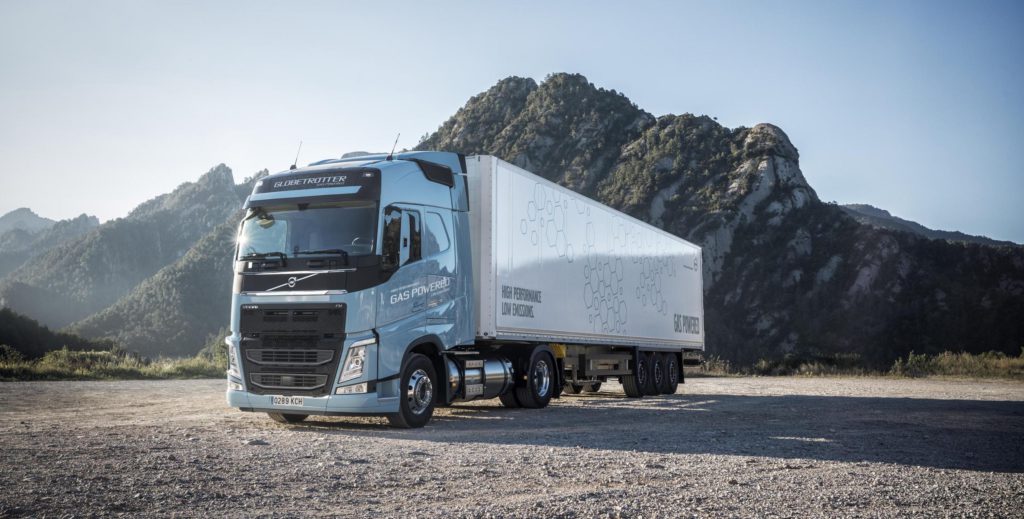EU votes on emissions limits for trucks as Volvo finds exhaust defect
22 October 2018

22 October 2018
The European environmental committee has made its first step towards a CO2 emission limit for trucks in the continent.
Following on from new recommendations for cars, the committee has a plan to reduce CO2 from heavy goods vehicles (HGVs) by 35% by 2035, with a mid-way goal of 20% planned for 2025. This is a more ambitious target than the suggestion of 30% reductions, with a goal of 15% by 2025.
The European Environment Committee was also responsible for the higher reduction target in the passenger car market. Rather than the original suggestion of a 15% reduction on current regulations until 2025 and 30% by 2030, the same as the proposed truck regulation, the environment committee wanted 20% and 45% reductions respectively. The final decision called for 20% and 40% drops and was ratified to a final 35% by EU nations.
The committee also went beyond what the commission asked regarding electrification, asking for 20% of all trucks sold in the EU to be either electric or hybrid by 2030. By 2025, they also asked for an intermediary target of 5%.
Electric buses were also considered a priority step, and the committee is looking to see 50% of new buses sold by 2025 to be fully electric. By 2030, this quota will increase to 75% in their plan. The EU Parliament still has to agree to the recommendation made by the committee, before the plans will be put before the member nations.
These would be the first CO2 limits for trucks in the EU. Other countries, including the USA, China, Japan and Canada set quotas some time ago, to limit the CO2 production by trucks.
Bas Eickhout (Greens/EFA, NL) rapporteur, said: ″This vote is making the big polluters of the road responsible for more climate protection. Truck manufacturers need to start investing in clean trucks. The European Union must move from the slow lane to become a pioneer in climate protection in road traffic. The Intergovernmental Panel on Climate Change has made it very clear that we cannot waste any more time on climate protection”.
Volvo issues
Meanwhile, truck manufacturer Volvo has said that exhaust components on certain models are degrading quicker than expected, meaning an increase in nitrogen oxide (NOx) emissions from diesel models.
NOx is the main reason why the diesel market is collapsing, as the small particulates can cause health problems and contribute to air pollution in towns and cities. Following the Dieselgate scandal, more awareness of NOx emissions has meant stricter limits placed on cars, vans and trucks.
In an emailed statement, the company says: ′The Volvo Group has detected that an emissions control component used in certain markets with stringent emissions standards is degrading more quickly than expected, reducing its ability to convert NOx as efficiently as intended, which in turn could cause the engines or vehicles to exceed emissions limits for NOx. The investigation so far indicates that degradation does not seem to affect all vehicles and engines in the same way and to the same extent. The company is now in the process of informing the appropriate authorities in various markets and beginning discussions regarding remedial plans.’